Unlike regular glass, safety glass does not shatter into sharp, jagged and often small pieces when broken. This important characteristic makes it the preferred choice of many glass buyers. Read More…
S & S Optical has been leaders as glass fabricators in a variety of industries and markets for over 50 years. We offer a variety of different glasses to fit all of your needs. Also, we have a multitude of capabilities and services to offer-polishing, grinding, edging and more. To learn how we can fabricate your parts contact us today for a quote. We care about customers and quality service.

Established in 1947, we have been providing glass cutting using very precise tolerances in order to ensure that our products are among the best. Our skilled designers and technicians are available around the clock in order to work with you from design to delivery to ensure that you are receiving a product that will fit your needs perfectly! For more information on what we may be able to do for...

Founded in 1990, Technical Glass Products is a fabricator of Fused Quartz Glassware. We maintain a broad inventory of labware, flat stock, rod and tubes in addition to providing custom fabrication using state of the art equipment to suit your needs.

Glass cutting is a varied industry, and we have done it all for the past 50 years. We believe in manufacturing high quality glass products that will exceed customer expectations every time.

More Safety Glass Manufacturers
There are two main classes of safety glass: tempered glass and laminated glass. Tempered glass, which has been heat-treated to increase its strength and resistance to shattering, breaks into small, rounded pieces when broken. Laminated safety glass has several internal and external layers of polymer films which keep the glass inside its window panel even after it has been broken. If under extreme force, the glass will still crack and need replacing, but the layers of polymer film keep the pieces of glass together.
The automotive industry uses safety glass almost exclusively in car and truck windows; nearly all side and rear windows are tempered, and all front windows are laminated to protect passengers from dangerous glass shards in the case of an accident. Security buildings, shower doors, greenhouses, glass cutting boards and many offices use safety glass to prevent severe injury in case of accidental breakage and splintering. Safety glass is especially important for buildings which are more prone to glass breaking such as those buildings at risk of earthquakes, tornadoes or terrorist attack.
Most glass fabricators create laminated and safety glass with various processes in order to achieve different properties. The laminating and tempering processes may be combined to make safety glass stand up under extremely harsh circumstances. Laminated glass is formed by "sandwiching" thin clear polyvinyl butyral (PVB) film between two or more sheets of glass. The PVB film, which is flexible and elastic, also coats the outer layers of the glass "sandwich", increasing the entire sheet's strength as well as flexibility.
When shattered, laminated glass does not implode or explode from its frame, but remains inside its laminated coatings even after shattering. Bullet-proof glass is a classic example of this, although bullet-proof glass is very thick, containing many layers of glass and laminate. Tempered glass is strengthened through a heat treating process which heats and quickly cools sheets of glass, often multiple times, to harden the glass and to change its crystalline structure so that when the sheet breaks, it collapses into small, rounded pieces rather than shattering.
Tempered and laminated glass serves different functions; laminated glass is designed to prevent breakage, while tempered glass is designed primarily to break safely if an accident occurs. Both tempered and laminated glass have improved strength, however, and many high-impact applications use safety glass that has been both laminated and tempered.





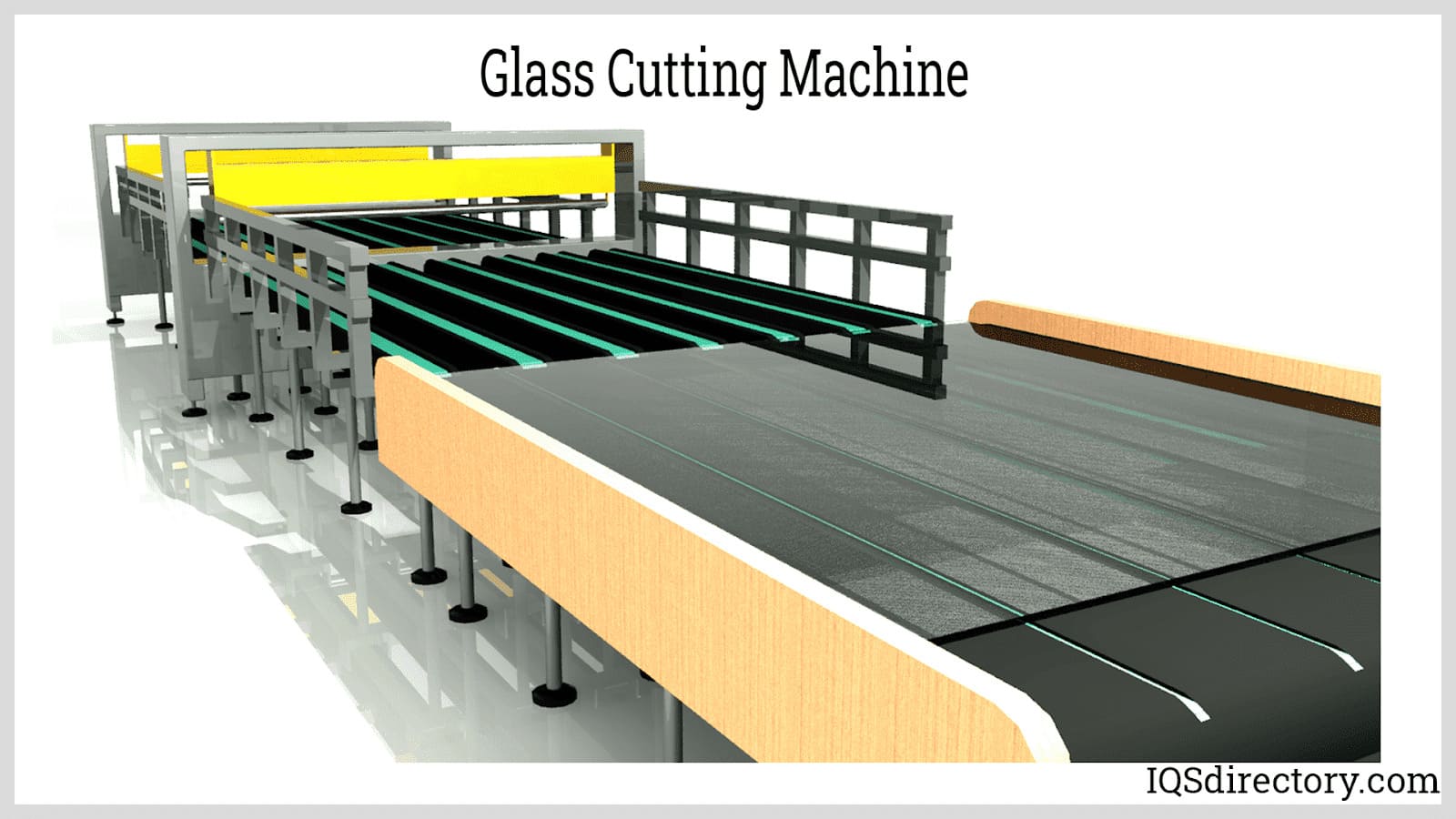
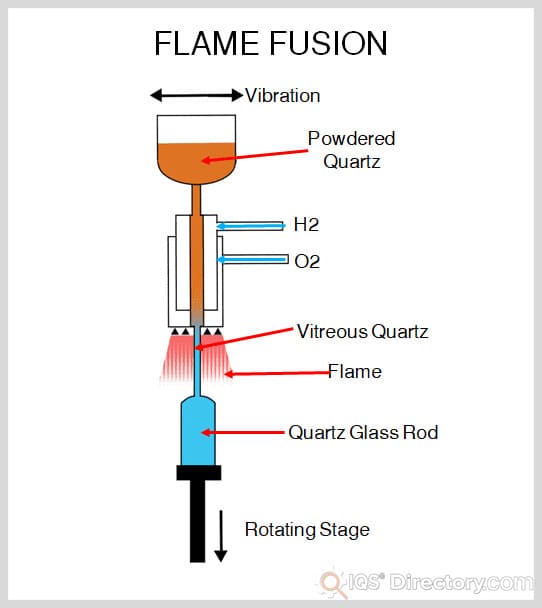
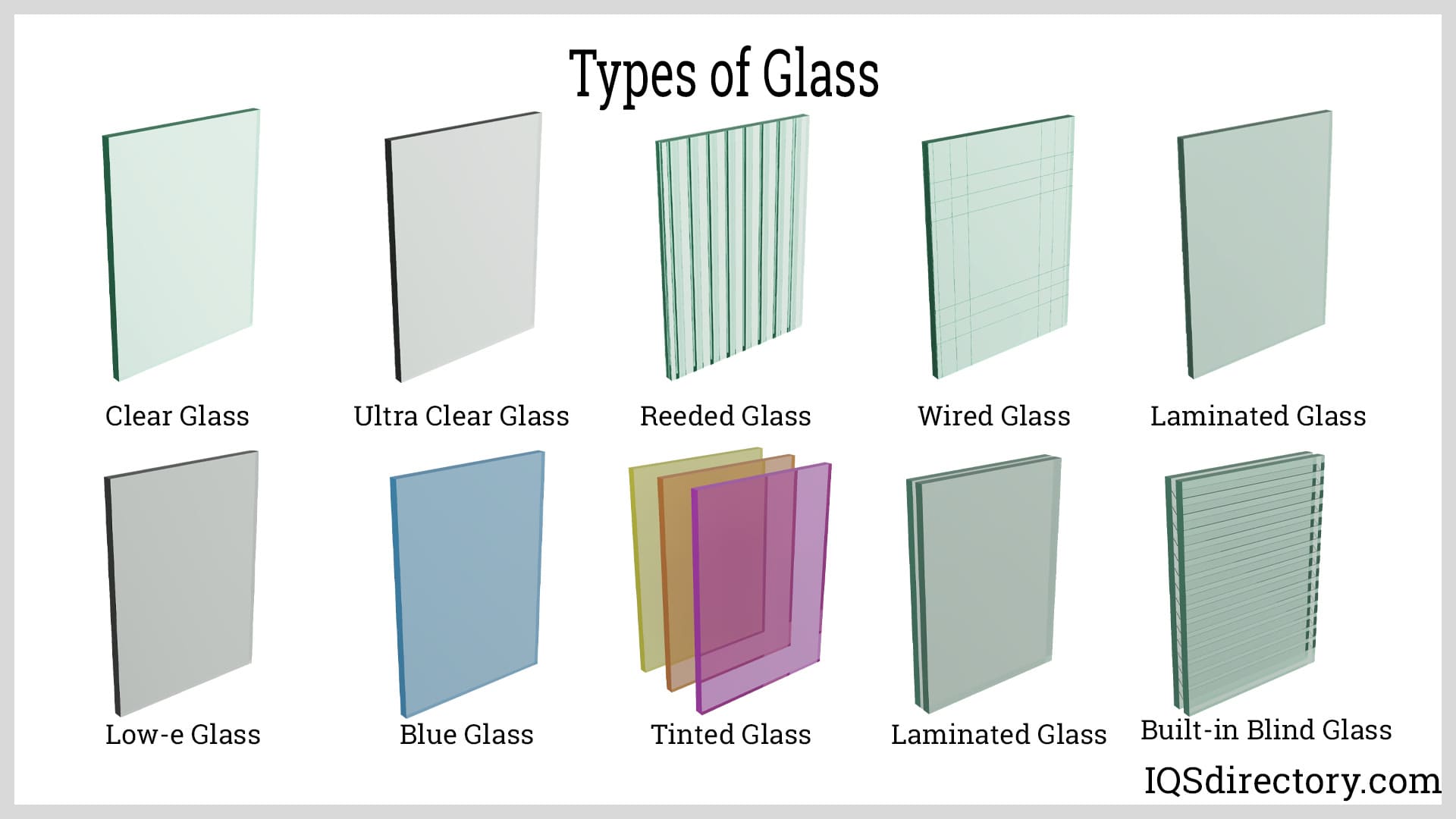
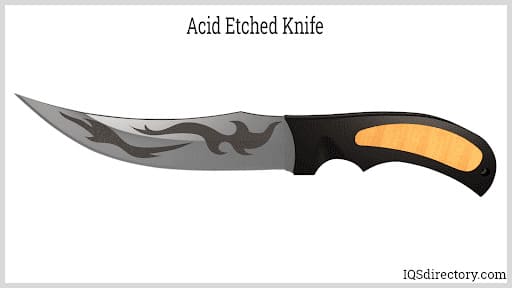
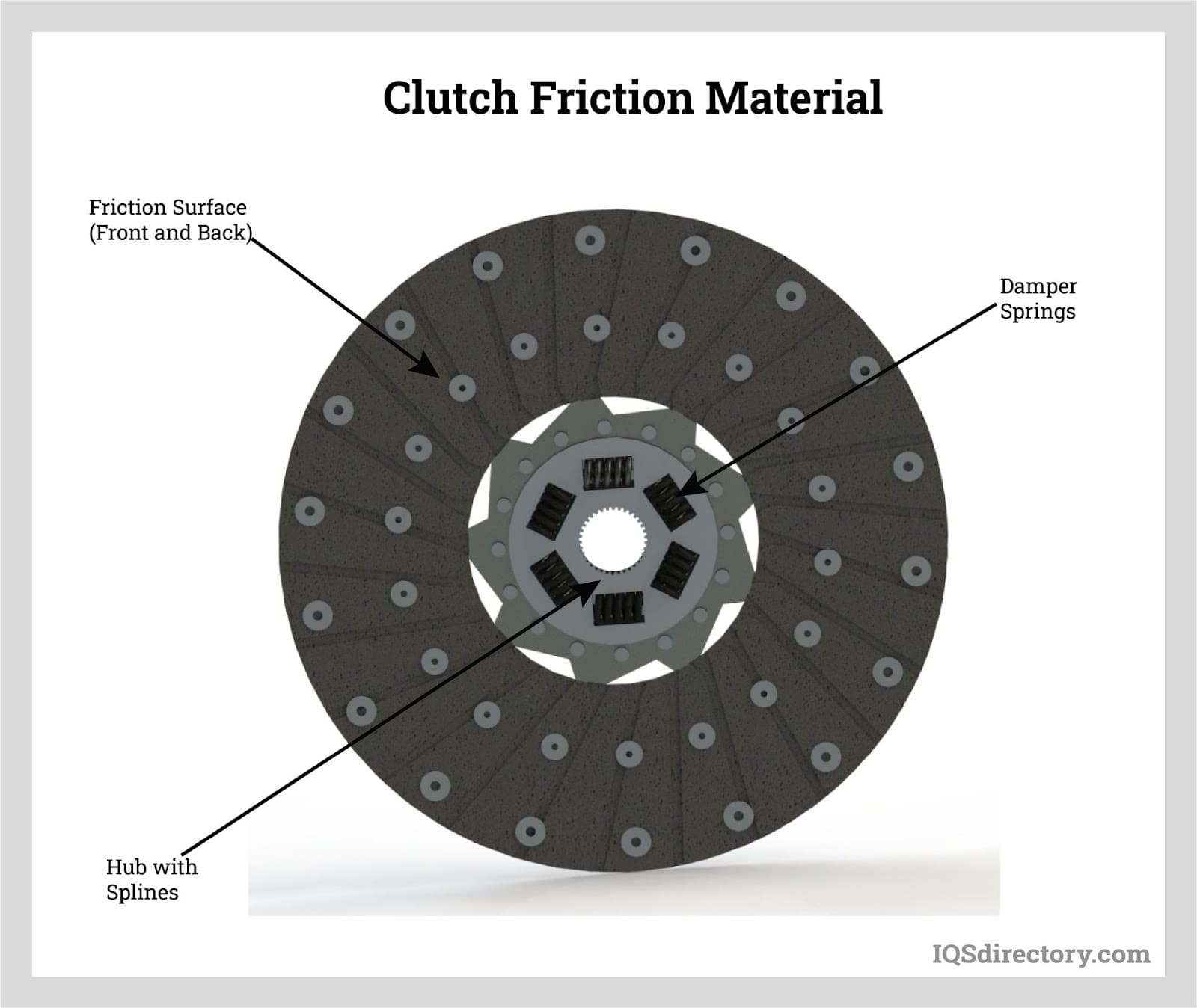
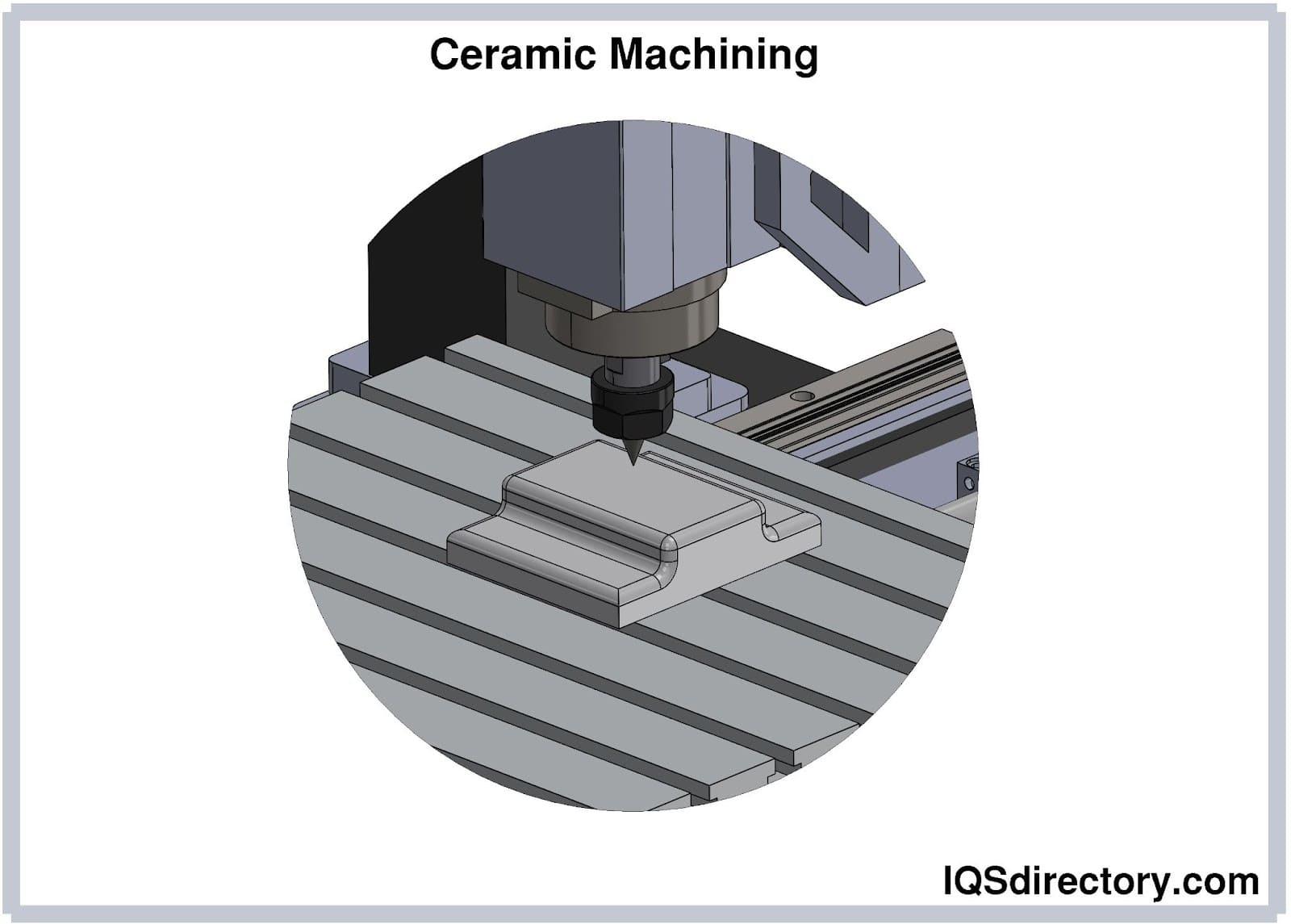
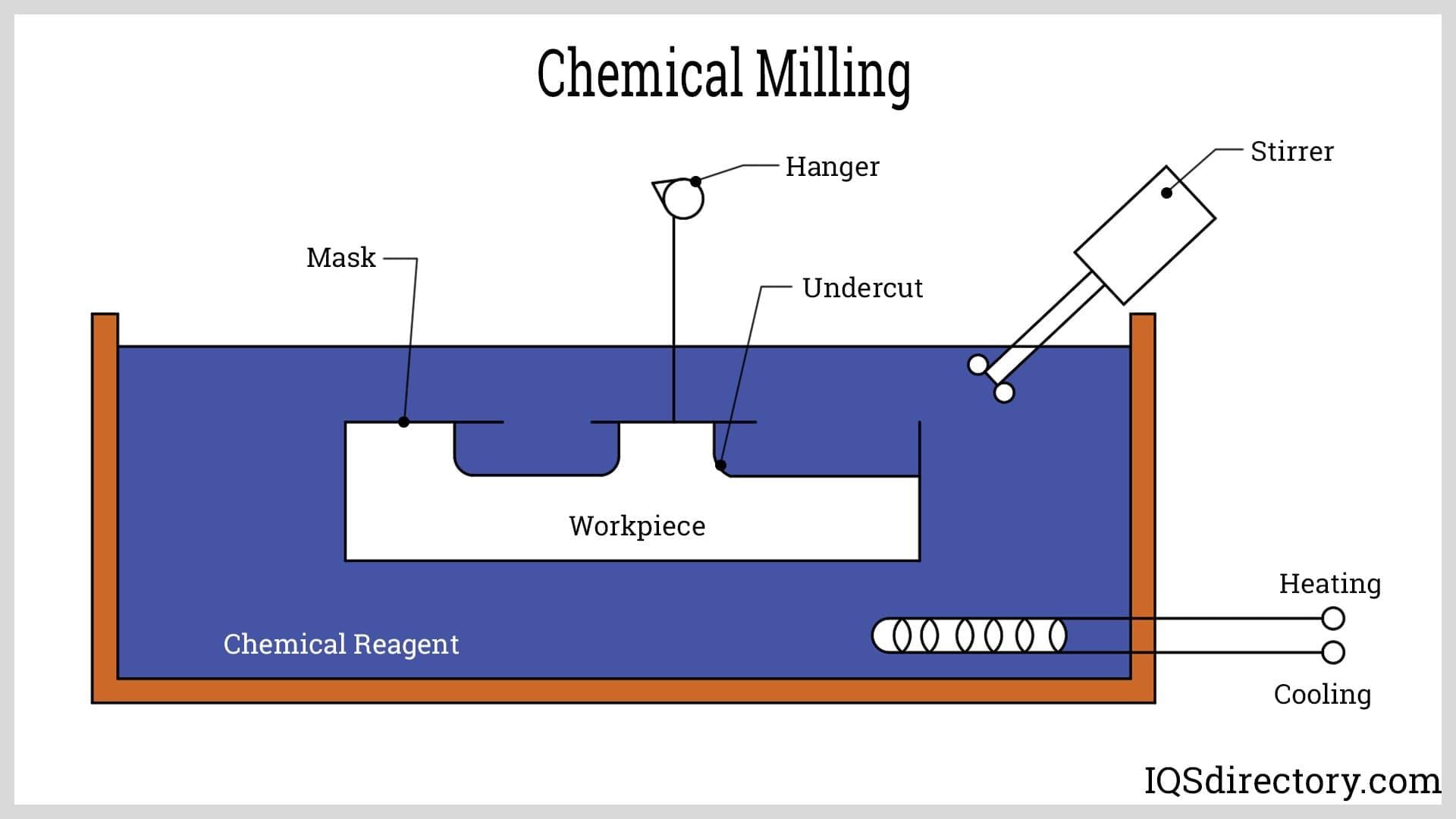
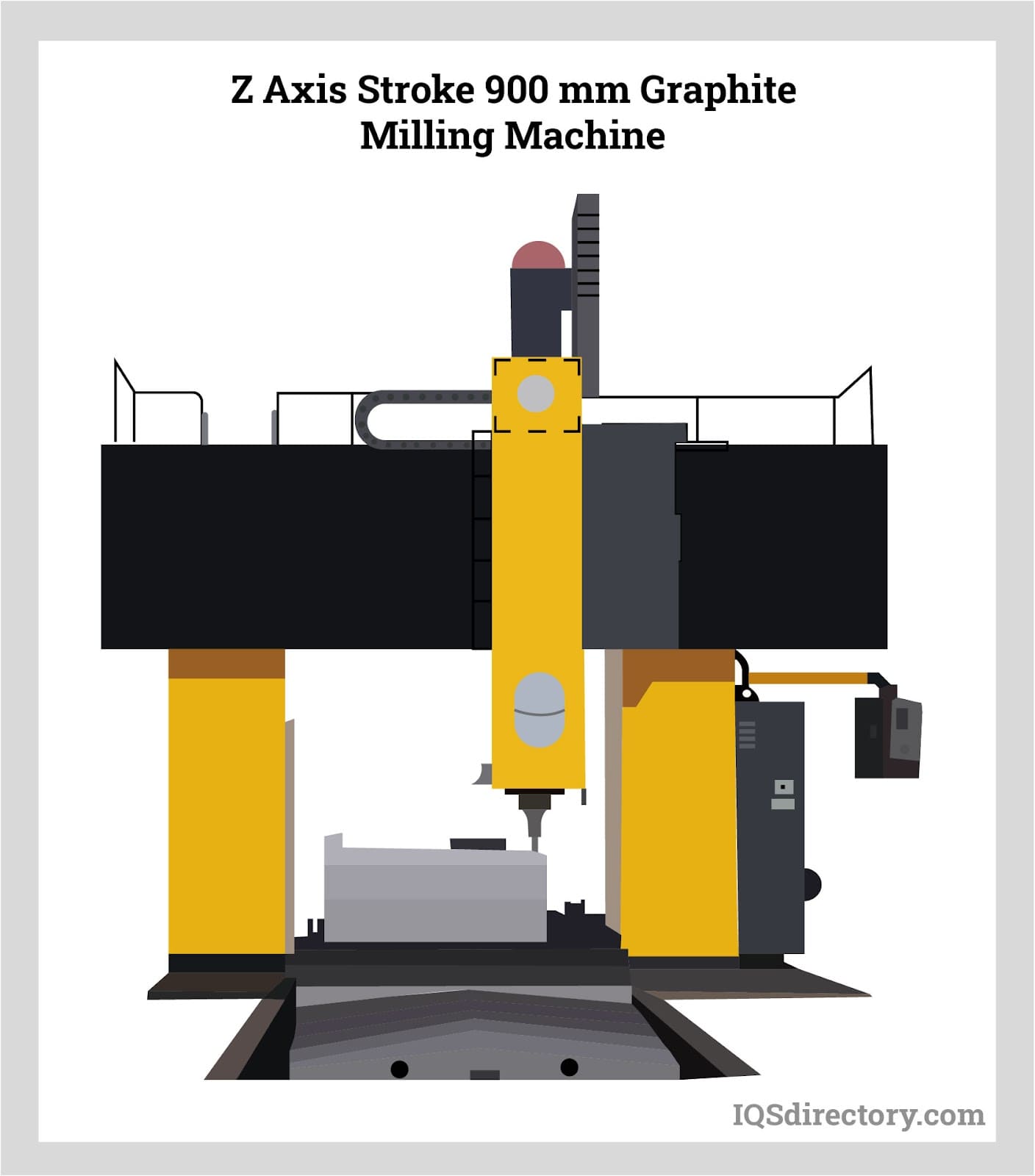
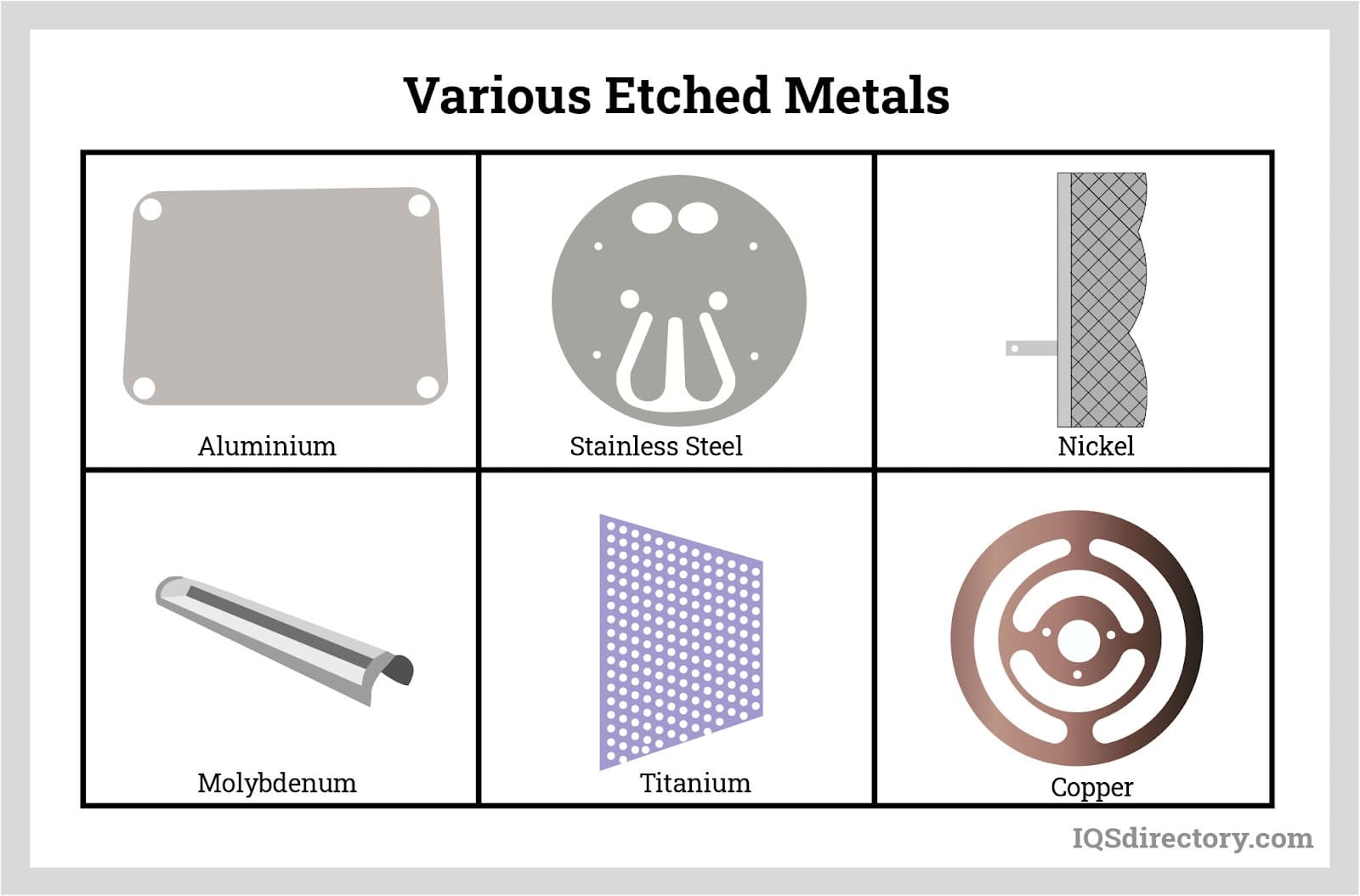
 Adhesives
Adhesives Alumina Ceramic
Alumina Ceramic Ceramic
Ceramic Glass
Glass Graphite
Graphite Lubricants
Lubricants Castings & Forgings
Castings & Forgings Bulk Material Handling
Bulk Material Handling Electrical & Electronic Components
Electrical & Electronic Components Flow Instrumentation
Flow Instrumentation Hardware
Hardware Material Handling Equipment
Material Handling Equipment Metal Cutting Services
Metal Cutting Services Metal Forming Services
Metal Forming Services Metal Suppliers
Metal Suppliers Motion Control Products
Motion Control Products Plant & Facility Equipment
Plant & Facility Equipment Plant & Facility Supplies
Plant & Facility Supplies Plastic Molding Processes
Plastic Molding Processes Pumps & Valves
Pumps & Valves Recycling Equipment
Recycling Equipment Rubber Products & Services
Rubber Products & Services